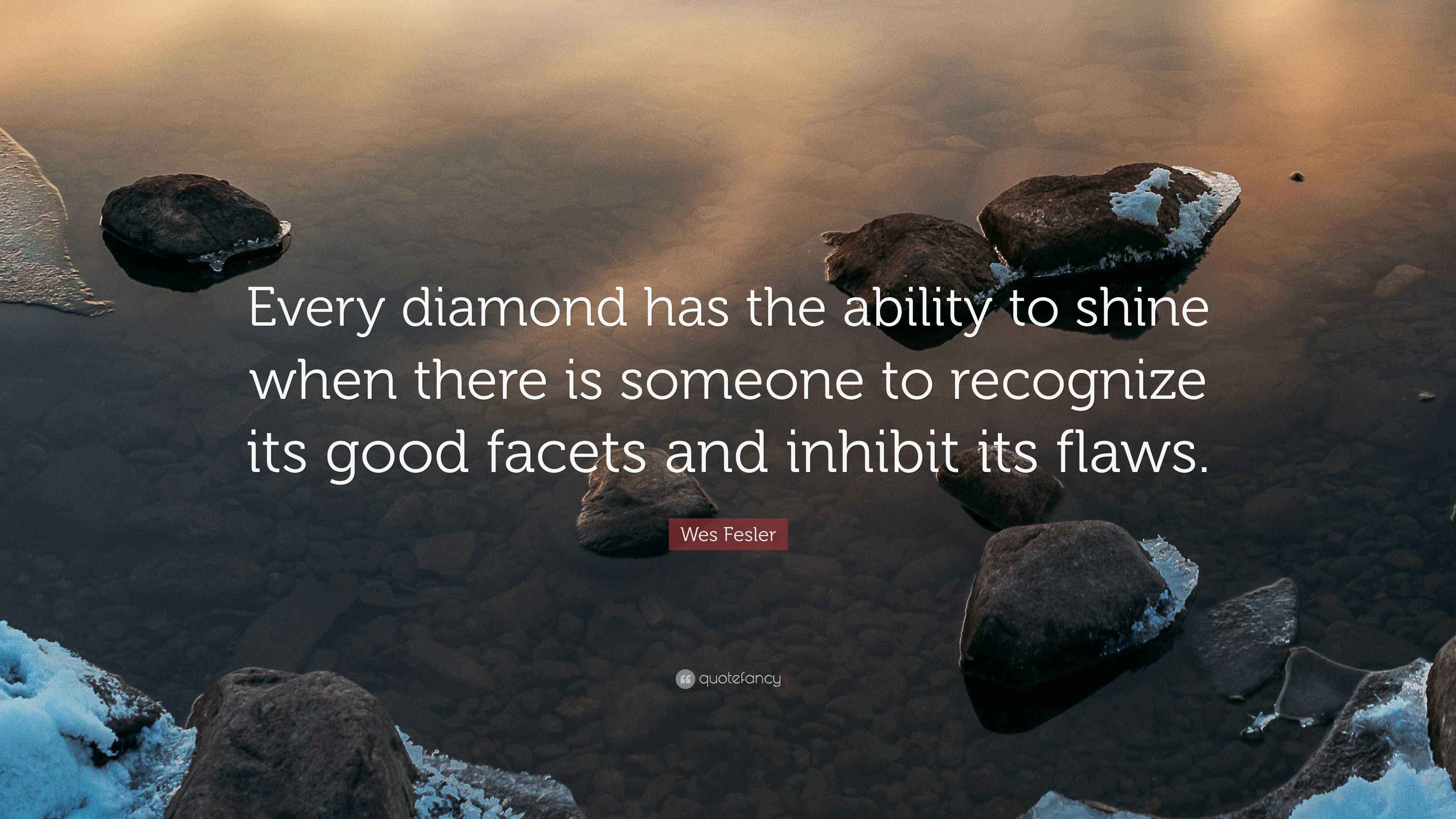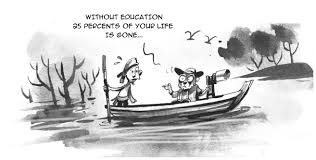Today, I am writing about few things in life which I wish I had known before….But I think most of us get to know this only through experience, or maybe few of the lucky ones might get this wisdom early in life as well. But here’s my first wisdom I wish I had known before…..
Early success in life is not really a big thing
Yes, this is because when we are in school and university, we often are very disciplined and studious. We take our study and academic life very seriously ( atleast many of us, and I took it pretty seriously). So, with that hard work, we get the good grades and marks. And we think that is success. Because, after all, in school and college life, marks or GPA is the only yardstick to judge if we are progressing or failing, isn’t it? But that early success is really not a big achievement. Why?
Firstly with that continued success ( I say this because I used to be either a topper, or always amongst the top five in class), we become complacent, and even limit ourselves to our studies only. We form a fortress around ourself, with what is called as comfort zone, and then we are happy with that success inside that comfort zone. We make friends who are just like us, either toppers, nerds, or achievers. That’s when groupism starts, as we limit ourselves from getting to know the other things in the world. Now, I know studying is one of the important parts of school and college life, as it imparts the future perks like good college, scholarships, good job and lots of nice things in life. And I agree with that, as my life would not have been as comfortable ( atleast to a certain extent) had I not studied and got good grades.
But the problem is we often sink ourselves into that world of success early in life. And in that process, we miss out a lot. Because schooling, teenage and early 20’s life never ever come back again, once its gone. And once we are adults, we have to work, there is no escape except if you are born in a Kardashian or Paris Hilton family. And the adulthood brings with it all its own set of perks like responsibility, stress, work pressure, deadlines, financial obligation, relationship commitment, marriage, kids etc etc. So, failing in adulthood is not a good option. We have to work and achieve some degree of success, depending on our ambitions and goals.
So, only childhood and teenage life has that advantage when we really don’t need to work so hard. Because as I had seen in my generation, and it continues till today, that kids, teenagers and collegiates are so much stressed out regarding their grades, homework, assignments, exams, projects and what not. The coaching classes have created even more mess into their life, by having 6 to 8 hours of classes. They not only have to study in school, but also at home, almost till they go to bed. And with the ed-tech companies and digital apps, now, there is no longer any restriction to study for x number of hours only. With apps and online education, 24×7 classes and coaching is ON…. Even kids as small as 6 to 8 years old are introduced and forced to do coding by a startup in India. The rat race for IIT coaching was there at that time, and now it has worsened. These poor kids and teenagers have to spend their 5-6 precious years just to get the early success in life, by cracking a particular exam, or getting 5.0 GPA to get into MIT, harvard or even become like mark zuckerburg.
Hence, I think that early success and working until getting exhausted is really over-rated. There is no need for all this. Because later in life, they have to work until they get retired. There is simply no escape. And I think that if they work too much in their early life, then the possibility to get burned out and hence, lose interest in life is more. This happens, and I am also a part of it. Sometimes, I just dont want to work anymore, even though I like to work. Why? Because I have been doing that since my school or college days, and so I am not only bored to do that again and again, but also I miss my old days for not having done few things which were easily possible. Like playing a particular sport, video games with friends, going out for trekking or cycling with school buddies, dating a girl whom I liked ( but not possible now as she is either married or dating someone else or away living in some other country), or even reading books of famous authors like Ernest Hemingway, Albert Camus, or Isaac Asimov.
And I miss doing those activities, as I was just busy at that time in persuing that early success which no one cares today. That success made me miss other things which could have made my life more enriched with experiences. That early success made me live in a bubble, where I felt academic or college accomplishments is all that mattered. Oh Boy, I was so wrong! That early success even made me lose the opportunity to spend quality time with my family, friends or even the girl which I liked. And most important of all, that success made me unaware of what failure is. Because as said by J K Rowling and many successful people, that it is failure that teaches the lessons which enable us to grow in life, and not success. As J K Rowling said.”…that I had a knack for passing examinations, and that, for years, had been the measure of success in my life and that of my peers.” But even she realized later that her early success could not prevent her from spinning down into poverty, committing some mistakes and getting depressed. Because she admits that she had been avoiding failure, and had been in an illusion that her early success will enable her to ride the journey of life. But later did she understand the importance of failure, and how it teaches the vital lessons of life.
That’s why it is said that “Failures are stepping stones to success”. Hence, I wish I had known earlier that it is OK to fail early in life as life is always simpler when you are living with your parents, and you are not bombarded with colossal responsibilities. And you have time, and space to fail, and rise again, again fail at something else, and learn from it to rise again, when you are 16 or 20 years old. But once we enter the field of adulthood, I do not believe the world opens its arms to embrace you with your failures. So, the room for improvement is highest when we are very young. Ofcourse, it does not mean we cannot fail at later age. Yes, we can but just that the efforts to climb up amidst all the paraphernalia is not very welcoming.
Hence, I would say that just as we were taught the poem “Early to Bed, Early to Rise…..when we were kids, I think we can tweak that a little bit, such as “Early to Fail, Early to Rise, makes a person healthy, wealthy and wise!”
© Abhishek Karadkar and abhiknotes.com, 2021. Unauthorized use and/or duplication of this material without express and written permission from this site’s author and/or owner is strictly prohibited. Excerpts and links may be used, provided that full and clear credit is given to Abhishek Karadkar and abhiknotes.com with appropriate and specific direction to the original content.
Copyright © 2021 AbhikNotes – Powered by WordPress.com








